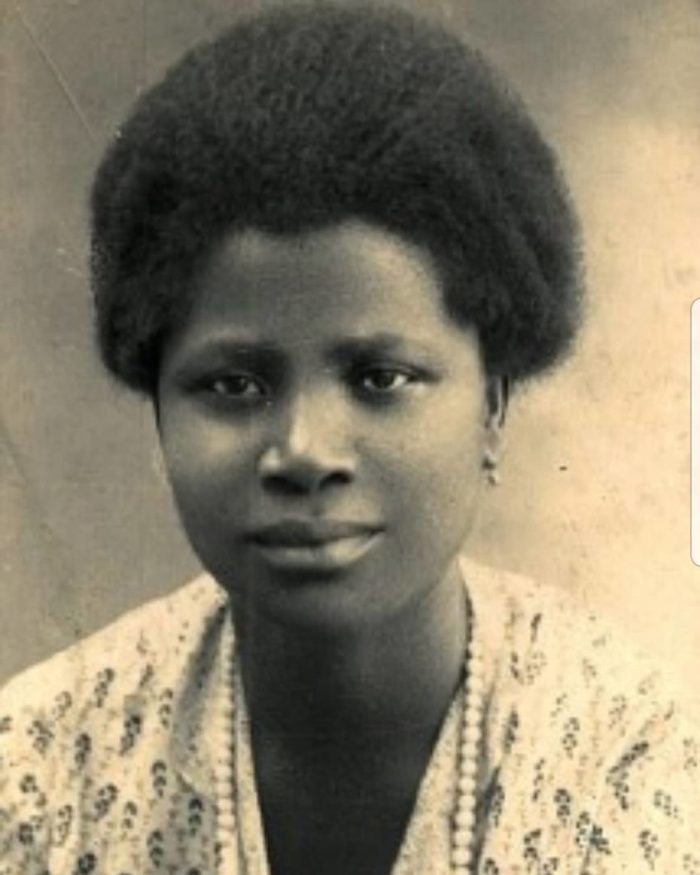
Fatima Massaquoi was a writer and educator known for her unique experience during the interwar period as a member of an African diplomatic family residing in Germany. Massaquoi details her encounters with racism and Nazism in The Autobiography of an African Princess, providing vivid insight into her life. While her birth year remains uncertain, Massaquoi was born between 1904 and 1912 in southern Sierra Leone as the granddaughter of Liberian King Lahai Massaquoi.
In 1922, Massaquoi’s father became Liberia’s consul general in Germany and moved the family to Hamburg, where he served as the first indigenous African diplomat in modern Europe. While there, Massaquoi received extensive education, becoming fluent in German and studying at the University of Hamburg. As the daughter of a diplomat, Massaquoi met many influential people in Germany, including W.E.B. Du Bois and Liberian President Charles King.
While in Germany, Massaquoi was subject to frequent racism such as with white German classmates, who discussed German plans to regain control of their former African colonies. In defiance to the racism of Nazi Germany, Massaquoi was fiercely proud of her African heritage, wearing ethnic clothing and preserving her cultural traditions. Her nephew, noted journalist Hans Massaquoi, described her as extravagant and openly African in resistance to white Germans and the Nazis. But Massaquoi also befriended Germans, including developing a close bond with Richard Heydorn, an outspoken opponent of the Nazi party. This friendship helped shape Massaquoi’s political views and exposed her to opposition politics in Germany. However, she experienced racism even from anti-Nazi Germans, who told her a prominent white German like Heydorn should not be associated with an African woman.
Due to the increasing racism of the Nazi regime, Massaquoi’s father arranged for her to leave Germany in 1937 and further her education in America. It was during her time at Fisk University in Tennessee that Massaquoi penned her autobiography, detailing her time in Liberia, Germany, and America. She returned to Liberia in 1946 where she became a professor at the University of Liberia and committed her life to the cultural preservation of the Vai language and script, creating the University’s African Studies program. In 1960, Massaquoi became the Dean of the Liberal Arts College and, in 1962, was honored with the Order of Merit of the Federal Republic of Germany by President Heinrich Lubke during a state visit to Liberia for her contributions to education and cultural preservation. Massaquoi died in 1978, leaving behind her unpublished manuscript, which was rediscovered and published in 2013. Thus, Fatima Massaquoi was finally able to share her unique story as African royalty in Nazi Germany, staying true to her heritage in the face of racism and discrimination.
– Sarah Schuermann (University of Missouri)